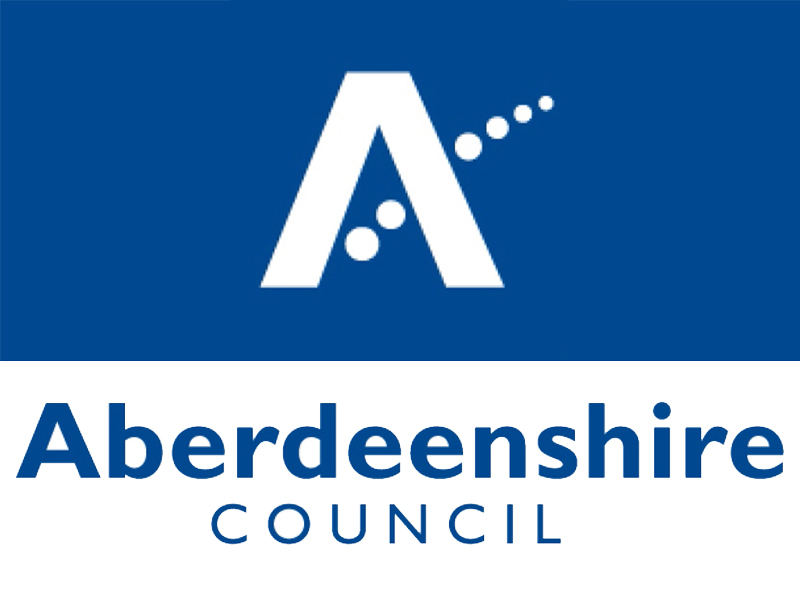Controversial plans to spend £300,000 of taxpayers’ money on promoting Gaelic in the Doric heartland have been put on hold.
Aberdeenshire Council had been ordered to rethink its action plan for boosting Gaelic in the region by public body Bord na Gaidhlig, as part of a national initiative to preserve and promote the language.
But yesterday members – who have previously admitted they would rather be promoting Doric – remained reluctant to spend such a huge sum on a language barely used in the north-east.
The plans – which many campaigners feared would promote Scotland’s mother tongue at the expense of local language Doric – include spending £100,000 on employing a Gaelic language officer and making signs bilingual.
Councillors unanimously rejected paying £305,488, and instead debated two options – which rule out rebranding but include adopting the language alongside the council’s “service priorities”, or totally rejecting the request.
But following a heated debated, councillors were split on whether to implement any of the board’s ideas and a final decision has been postponed until later this year.
Mid-Formartine Tory councillor Jim Gifford proposed sticking to the action plan already drawn up by the council, but the SNP administration argued that some of Bord na Gaidhlig’s suggestions could be taken on board for minimal expense.
Former council leader Mr Gifford argued: “On the west coast they have the largest block of Gaelic speakers in the country, and they rightly have dual road signs for cultural, heritage and even tourism reasons.
“We have none of those things in the north-east of Scotland.”
But council co-leader Richard Thomson warned against the committee responding too “grudgingly” to the proposals.
“Bord na Gaidhlig has clearly come back to us with some suggestions that are not acceptable to us in the current economic climate. However the second option has some ideas we can implement,” he said.
Mr Thomson added that a safeguard could be put in place to ensure spending on the proposals would not rise above £15,000.
Council co-leader and committee chairman Martin Kitts-Hayes used his casting vote in favour of developing some low-cost ideas. But as a third of the committee had voted against the proposal, they used standing orders to refer the matter to the next full council meeting.
